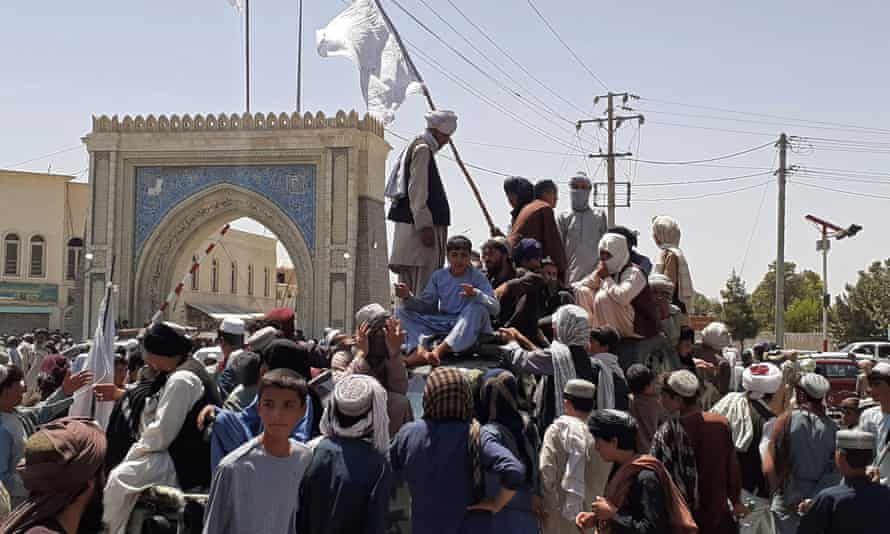Hameed Hakimi

Afghanistan entered 2021 already in dire straits, with more than 18 million Afghans – nearly half the population – in humanitarian need. Dwindling international aid, a violent conflict, weak governance and environmental challenges such as droughts have all contributed. The impact of the pandemic last year meant that in January 2021 Afghanistan had the world’s second-highest number of people facing emergency food insecurity.
For more than four decades Afghanistan has been one of the world’s most significant sources of refugees. Millions of Afghans live in Pakistan and Iran and estimates put the total number of Afghans in Europe at almost half a million. Ongoing clashes between the Taliban and the Afghan government push tens of thousands of civilians out of their homes, forcing them to seek safety wherever they find it. More than 3.5 million Afghans are internally displaced but this number is rising rapidly every day as aid agencies struggle to provide help.
Contrary to our popular perception in the west, for Afghans the period of conflict in their country began long before 9/11, starting with the communist coup in 1978, followed by the Soviet military invasion on Christmas Eve in 1979. Yet, even by the complex standards of this long, gruesome war, the current phase of uncertainty in Afghanistan is unprecedented. The Taliban’s fortunes rise with each district, town and province they capture; at the time of writing they have just captured the strategic cities of Herat and Kandahar. The significance of these territorial gains cannot be stressed enough. It could trigger a civil war or the unravelling of the Afghan government, or both. A less likely but more optimistic scenario would be a political deal that leads to the establishment of a new administration – which the Taliban would inevitably dominate.
Against this backdrop, it is reasonable to ask what happened to the vast western investment of money and blood that occurred post-9/11. The answer is multi-layered, and the blame cannot fall only on the Afghan government, although it has been deeply corrupt and dependent on foreign donors. The United States and its allies bear a large share of the responsibility, too. A combination of serious mismanagement and a lack of foresight, and lack of will to pursue effective policies, bequeathed us the debacle that is Afghanistan today.
The US spent a staggering $978bn on the Afghan war between October 2001 and the end of 2019. The absurdity of this becomes clear when compared with the $36bn total US spending on governance and development in Afghanistan over the same period. As the western war machine churned and incoherent military strategies prioritised partnership with a corrupt Afghan elite, ordinary citizens remained on the margins.
The public parks in Kabul are fast filling with internally displaced people who are fleeing violence in their home provinces. Unlike the earlier episodes of this war, however, Afghans are not able to seek refuge in Pakistan and Iran. A “regional solution” for Afghans displaced by the current violence does not exist. Kabul, a densely populated city with nearly 4.5 million residents and meagre infrastructure, is the last resort for thousands of displaced families.
The world needs to brace itself for a humanitarian catastrophe in Afghanistan that is irreversible in the short term. For the UK and other western donor countries, there is an urgent need to play an active role in mediating a political process that results in an end to the conflict with the Taliban. If this doesn’t happen, the collective failure will represent a stain on our humanity, and leave us with a longterm “refugee crisis” as Afghan civilians flee from the tragedy engulfing their country.
No comments:
Post a Comment